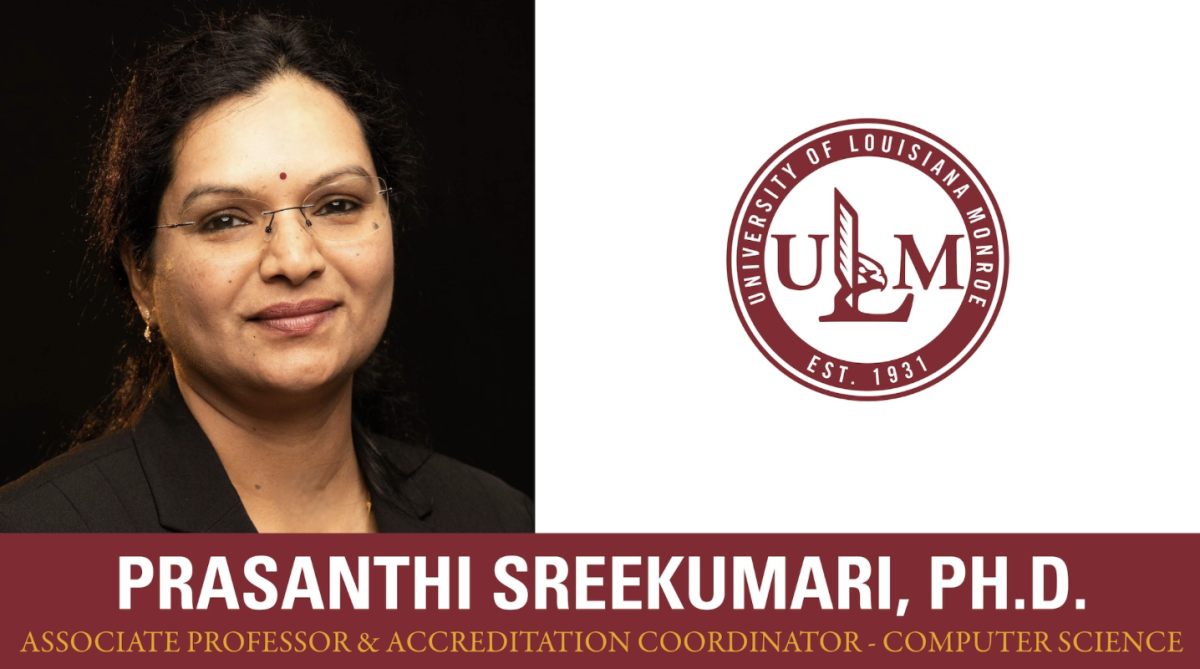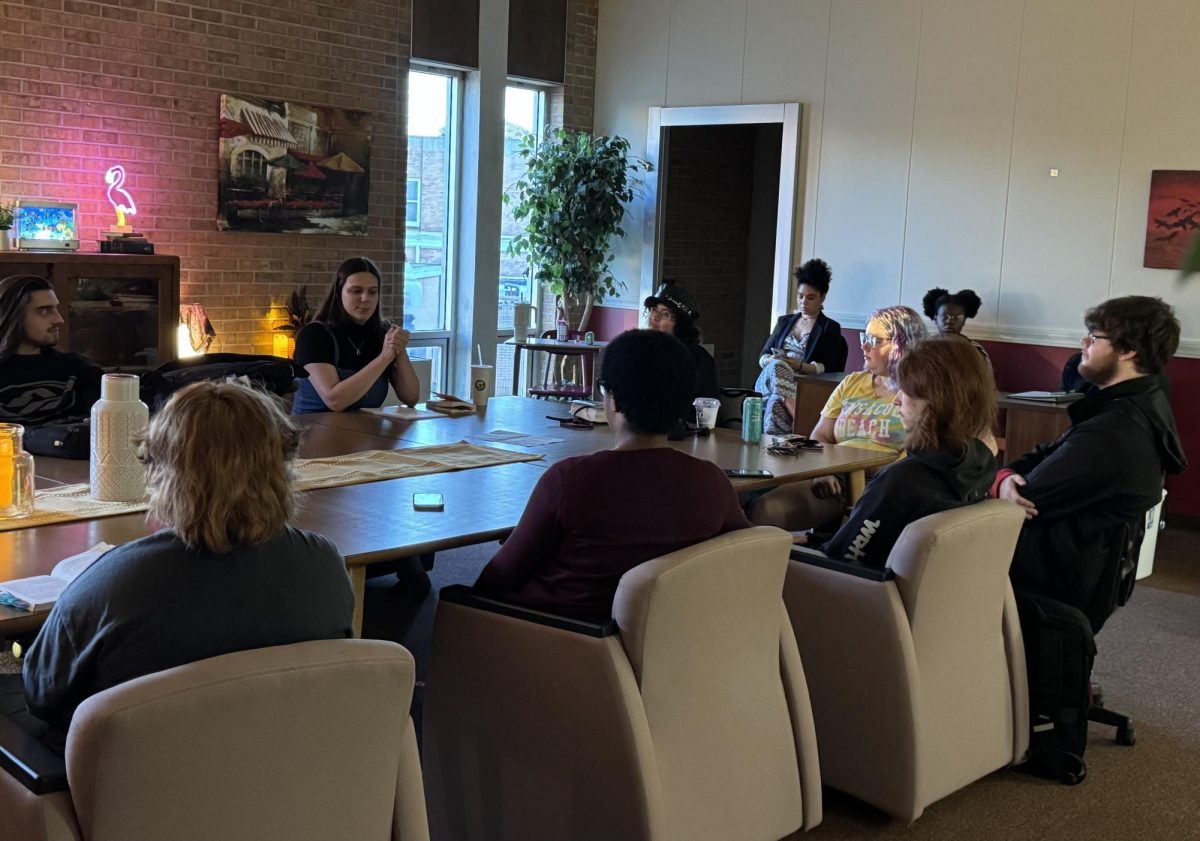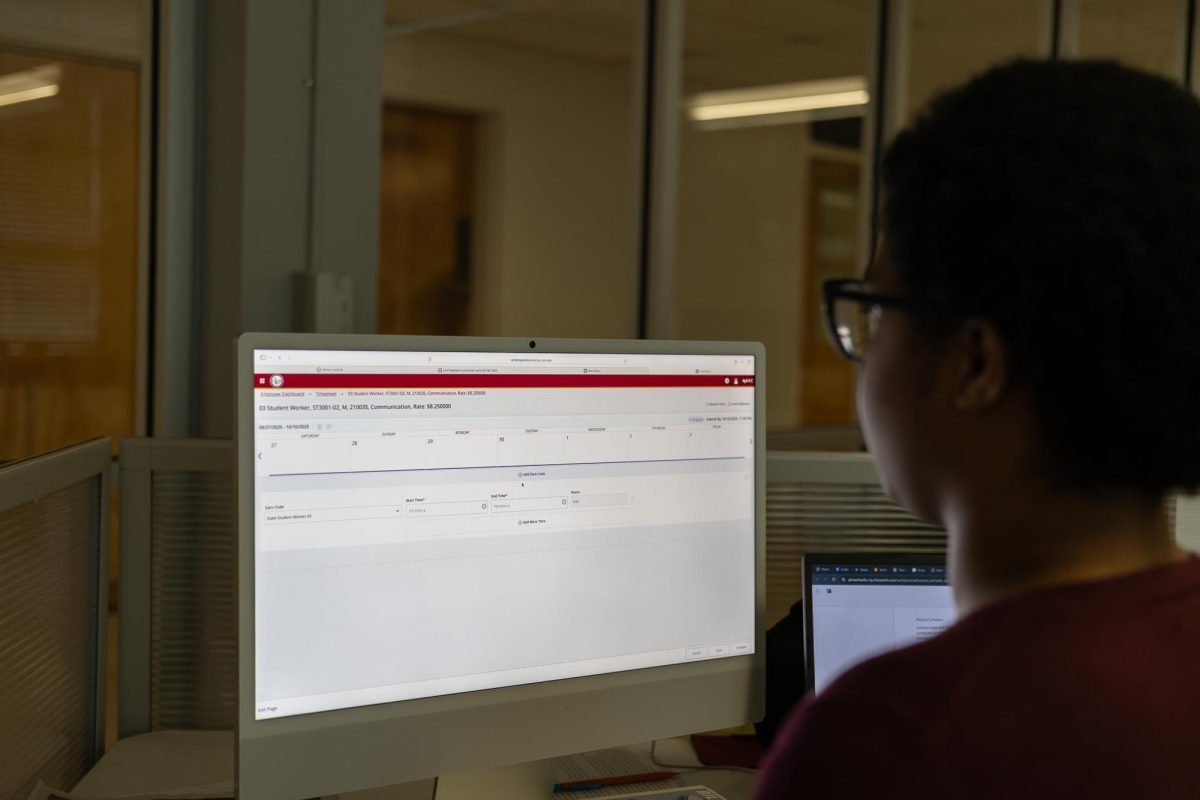On Sept. 30, 2025, Planned Parenthood Gulf Coast (PPGC) will close its health centers in New Orleans and Baton Rouge, ending over 40 years of service in Louisiana that began in 1984.
Following the Supreme Court’s decision to overturn Roe v. Wade in 2022, Louisiana enacted a near-total abortion ban, creating immense operational and financial pressure for organizations like PPGC. In a statement, PPGC President Melaney Linton cited these political pressures as the cause.
“This is not a decision we wanted to make; it is one we were forced into by political warfare,” Linton said. “Anti-reproductive health lawmakers obsessed with power and control have spent decades fighting the concept that people deserve to control their own bodies. This cruelty and failed leadership are the reasons we are here today.”
Yet, the closure of these clinics represents a loss that extends far beyond abortion services. While often central to the political debate, abortion was just one part of a broad spectrum of essential care, including ultrasounds, STD testing and sexual health education. It is a critical distinction that the Baton Rouge and New Orleans locations were among those that did not perform the procedure, focusing instead on this wider range of services. They did, however, provide funding for patients to travel to other states for abortion care.
The impending closure has elicited starkly mixed reactions, underscoring the deep national divide on the issue. Patients who rely on the clinics for basic healthcare mourn the loss of access to essential services. Planned Parenthood officials stated the closure was forced by political and financial pressures, including funds targeted by legislation, rather than a lack of demand. In contrast, anti-abortion advocates are celebrating.
“This is a major win for the pro-life movement here in Louisiana,” Gov. Jeff Landry said on X. “I have fought hard as Attorney General and now as Governor to rid our state of this failed organization. Abortion should never be considered healthcare.”
The closure of Planned Parenthood clinics in Louisiana marks a significant shift in the landscape of reproductive healthcare in the state, with implications for access to essential health services for many women.




